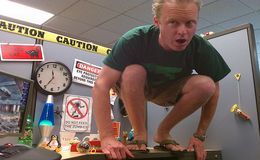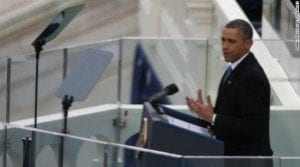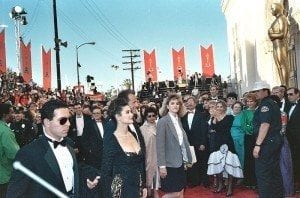
War in Syria continues claiming lives
Marie Colvin, an American reporter working for London’s “Sunday Times” was killed yesterday, along with French photojournalist Remi Ochlik. They were the victims of a shell attack by the Syrian Army. At least two other journalists, and possibly more, were injured.
Syrian security forces shelled the central city of Homs on Wednesday, Feb. 19, a day of a bombardment that activists say has claimed the lives of hundreds, including Marie Colvin.
Fellow journalists, human rights activists and international statesmen accused the regime of Bashar al-Assad of knowing that the targeted building was being used by foreign media. Colvin had accused the regime of murder and described the events happening as “absolutely sickening.”
French-reporter Jean-Pierre Perrin, who had been in Homs with Colvin last week, claimed they had been told that the Syrian army was “deliberately” going to shell their center. There were also reports, unconfirmed, that communication between Syrian Army officers intercepted by Lebanese intelligence staff has revealed that direct orders were issued to target the makeshift press center that Colvin had been broadcasting from. The government in Damascus said that it was unaware of any foreign journalists working in the country; a ludicrous claim.
In an email to “The Sunday Times,” Rupert Murdoch, head of News Corporation, wrote, “Marie had fearlessly covered wars across the Middle East and south Asia for 25 years for “The Sunday Times.” She put her life in danger on many occasions because she was driven by a determination that the misdeeds of tyrants and the suffering of the victims did not go unreported. This was at great personal cost, including the loss of the sight in one eye while covering the civil war in Sri Lanka. This injury did not stop her from returning to even more dangerous assignments.”
Marie Colvin was a renowned war correspondent, having spent over a quarter of a century covering these terrible stories. She suffered a wound from shrapnel in 2001, resulting in the loss of her left eye, while covering the fighting in Sri Lanka. Afterward, she proudly donned a black eye patch.
Colvin had always put finding and reporting the truth above everything else, never backing down, even after her injury. In a memorial to fallen colleagues in the U.K. in 2010, she proclaimed, “My answer then, and now, was that it is worth it.” Marie Colvin died doing what she believed in.














